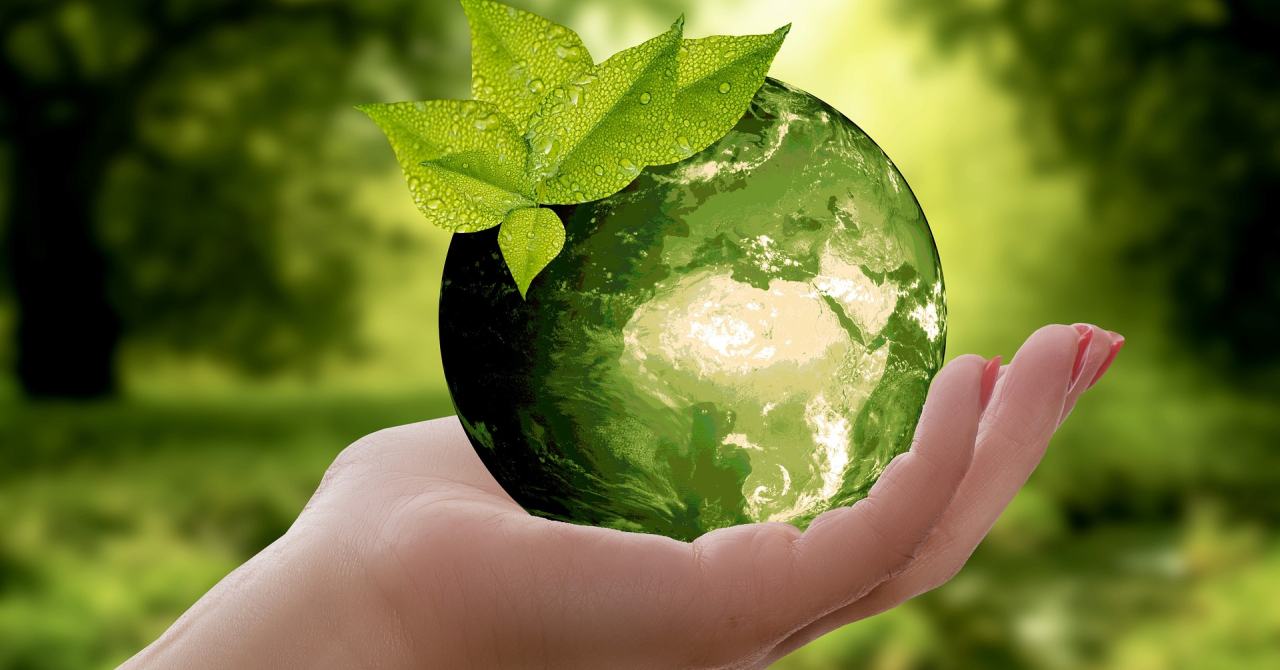What is sustainability
However, when it comes to policy and business practices, sustainability represents the ability to operate and manufacture without consuming natural resources, with the idea to keep them available for as long as possible.
Why should we adopt a more sustainable lifestyle

Take fossil fuels for example, they take longer to regenerate than it would take us to fully consume them, which means that they are not a sustainable form of energy.
The sun or the wind, on the other hand, are two renewable sources that are almost continuously available, depending on the region, which means that we could, with the right technology, harness solar and wind power indefinitely.
You can add tidal and wave power to the mix, alongside other resources that are widely available or replenish quicker than fossil fuels, and that's how we can achieve sustainability in the energy industry.
Also, by recycling certain materials, such as aluminum, gold and copper, we can extend the lifespan of these resources, which don't have a replacement, so re-using old products is also part of sustainability.
Being sustainable also goes hand in hand with reducing emissions, which are damaging the environment and pose a threat to our own health.
The three pillars of sustainability
The first one is environment protection and it implies reducing our carbon footprint in all areas, manage our water resources better and even come up with solutions to generate extra freshwater supplies for vulnerable areas.

Also, developing nature-friendly packaging is also part of sustainability efforts, as it means that it will decompose easier if it finds its way in nature's ecosystems, while also being easier to recycle and reintegrate in the commercial use-cycle.
Social development is the second pillar of sustainability and it can refer to how a company treats its employees, but also its stakeholders and shareholders.
When it comes to employees, they can enjoy multiple benefits, such as maternity and paternity leaves, learning opportunities to develop new skills and even having a flexible schedule.
This is considered sustainable because it can allow the employees to work efficiently for the said company, while also dealing with less stress.
Finally, if properly implemented, sustainability can also improve the economic development, both of a company, but even a local community or a country on a larger scale.
In a base sense of the concept, it means that a company, for example, has to make enough money to continue operating.
If we dive in a little deeper, it can also mean implementing responsible practices that can benefit the employees, the stakeholders and the environment.
By adopting sustainable business practices, leaders can ensure that the company will become equitable and can even attract additional investors, as they start paying closer attention to sustainability practices when financing.
Organizations seek to help with implementing sustainability

The organization hopes that these goals will be achieved before the next decade, which should set the path for a more nature-oriented society worldwide and for greener practices for our future generations.
The advantages of sustainability
Going back to the energy industry, it means that a country with access to solar or wind power shouldn't have to worry about running out of energy or the fact that generating it means freeing dangerous emissions.
At the same time, sustainably-built goods tend to last longer and be made of recycled or easily-recyclable materials. Also, for some of them, if they reach the environment, they shouldn't cause as much harm as traditional items, although it is ideal that they don't get there in the first place.
This can help you build-up a long-lasting reputation, but once you are committed to sustainability, you can't compromise in this way, or else you risk losing the benefits that come with it.

Sustainability challenges
It can even mean constantly improving a product or process, as sustainability can be continuously improved across various industries, and this obviously drives up costs even more.
Despite some of the challenges that come with sustainability, adopting such a lifestyle is critical for all of us if we want to live a healthier life, be energy independent and save our ecosystems.
The sooner we are able to become fully sustainable, the better it will be long-term, both for the planet, but also for the society.
 Mihai - Cristian Ioniță
Mihai - Cristian Ioniță












Any thoughts?